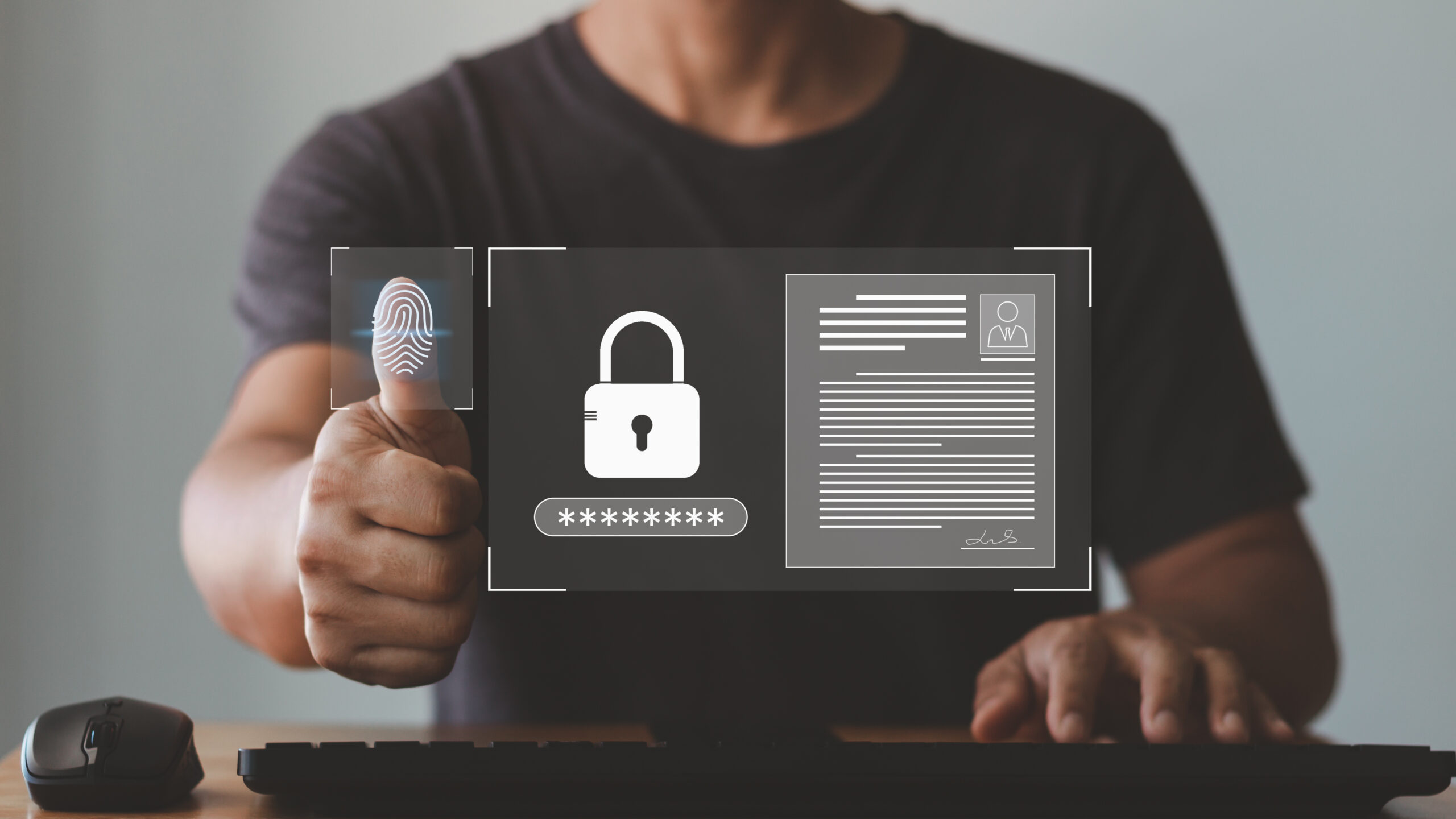Buckle up: Tips to trim the budget this Christmas
Are you feeling the pinch? Perhaps you’ve already cut back on discretionary spending. Or are contemplating a much more frugal Christmas season.
You’re not alone. New research shows while Australians are tipped to spend almost $5 billion on online shopping in the leadup to Christmas this year, almost half of those surveyed are planning to spend less than the same time in 2022. And almost 80 percent said they plan to cut back on non-essential spending in the same period.
Sales season: Stay out of the red this Black Friday
The emails are lobbing into your inbox with increasing regularity. You may even be getting alerts on your phone. The flashing ads are all over websites. All of them promise you amazing deals and unprecedented discounts.
There is no escaping the fact we’re hurtling toward Black Friday. And peak spending season. This mad day of discounts traditionally marks the start of Christmas shopping in the United States, falling just after Thanksgiving.
Network failure: Let us help you get what Optus owes you
Are you one of the millions of Australians affected by the Optus outage? Are you wondering if it’s worth your time and effort to put in a claim for compensation?
The good news is, yes, it is - despite what you might be hearing from Optus. And we can help you do it with the minimum of fuss.
Close call: Should you upgrade your phone?
It’s that familiar feeling in the lead-up to the launch of the latest and (if advertising is to be believed) greatest smartphone ever to come on the market.
You look at the one in your hand, the one that has done its job very well for the past year. And suddenly, it doesn’t seem so appealing.
Drive with assurance: Understanding insurance and rights for your leased car
Leasing a car can be as exhilarating as a drive down the open road. But, much like any journey, it's essential to be prepared for the twists and turns ahead. Insurance considerations and consumer rights might not be the first things on your mind, but they're crucial to ensuring a smooth ride.
Bad numbers: What’s behind the record complaints against financial firms?
Are you unhappy with your bank? Still disputing a transaction on your account that you didn’t make? Or have your dealings with the buy now, pay later (BNPL) sector left you more than a little hot under the collar? You’re not
Hot property: Do you own some hidden treasure? Part 2
If you haven't read our previous article on collectibles, start there. It gives a solid introduction to what we'll discuss next: what makes certain items so special and potentially valuable. With that foundation set, you might now ask: Is diving into
Identity crisis: Will a new national ID be better for you?
We have all endured the tedious task of paperwork to prove our identity, whether it is opening a new bank account, applying for a passport, or simply registering a child's birth.
Even the rise of online forms doesn’t seem to have reduced the number of times we have to fill out details to show we are who say we are.
Oversubscribed? Breaking the subscription trap
How many subscriptions do you have? Is it just Netflix and one other streaming service? Or do you subscribe to myriad apps on your phone or online? Do you even know how many subscriptions you have anymore?
Drive a bargain: Should I buy or lease my next car?
Need a new car? Is the thought of paying such a large amount of money for a new set of wheels making you sweat? It might be worth considering a car lease rather than buying your next vehicle.
But leasing isn't for everyone. Before jumping into the driver’s seat, it’s important to ask some key questions to determine if leasing best fits you and your circumstances. Let's give a rundown to find out if leasing a car will work for you.










